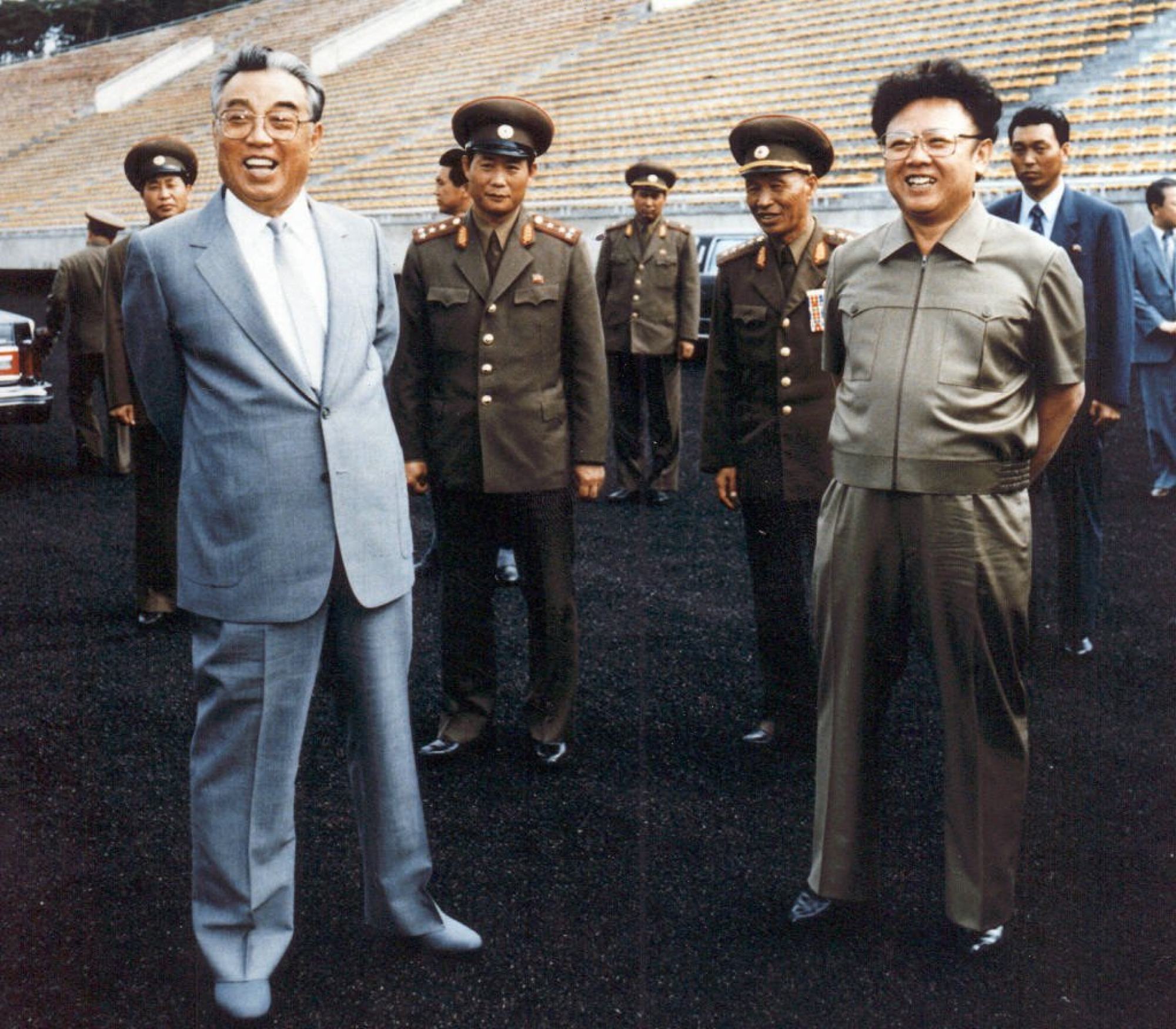Recently released diplomatic documents from Seoul show that significant global leaders were highly worried about North Korean Following leader Kim Il-sung's unexpected demise in 1994, his successor Kim Jong-il was described as "goofy" by a U.S. diplomat and predicted by a Russian analyst to lose command of the nation within twenty-four months.
The documents, released by South Korea On Friday, the Foreign Ministry provided details about how officials around the globe hurriedly attempted to decipher Kim Il-sung’s death and evaluate his son’s capability to lead.
Walter Mondale, who was serving as the U.S. ambassador to Japan and had previously been Vice President, was cited in the documents as stating: "Kim Jong-il appears somewhat eccentric and immature, and does not seem competent as a leader."
Are you looking for insights into the most significant issues and developments globally? Find your answers here. SCMP Knowledge Our latest platform features handpicked content including explainers, FAQs, analyses, and infographics, all provided by our acclaimed team.
The documents reveal that specialists from Russia, who were then moving away from Pyongyang as they underwent post-Communist changes, likewise voiced skepticism about the younger Kim's capability to lead North Korea.

"Once Kim Jong-il’s administration has been in place for approximately half a year, the military is expected to start playing a significant role in political affairs," stated a Russian academic who had worked in Pyongyang.
Ultimately, Kim Jong-il’s leadership will last until late 1996 at best.
At the same time, a Chinese official stated in the documents that Beijing was compelled to back the younger Kim because of the sway exerted by then-leader Deng Xiaoping.
Kim Il-sung had personally requested from Deng to "take care of" his son, and thus, Beijing could honor this plea only for as long as Deng was alive, according to the official.
Kim's passing occurred just weeks before the scheduled inaugural inter-Korean summit, during which leaders were anticipated to address nuclear concerns.
North Korea formally stated that he passed away due to a heart attack. Nonetheless, documents indicate that certain Chinese officials thought the actual reason for his demise was extreme work pressure and stress stemming from nuclear concerns and the summit.
{getCard} $type={post} $title={You might like}
The event ultimately got canceled, and the initial inter-Korean nuclear summit took place in Pyongyang in 2000.
Kim Jong-il continued to lead North Korea until he passed away in 2011. This era was characterized by severe economic challenges, significant global ostracism, and the nation's initial nuclear weapon testing in 2006.
Seoul additionally disclosed documents dating back to 1993, which illustrated their response to being labeled as a "sensitive country" by Washington. This classification was assigned by the U.S. Department of Energy in January 1981, leading to more stringent regulations concerning the dissemination of nuclear technology due to apprehensions about Seoul’s potential pursuit of developing independent nuclear armaments.
At the time, South Korean authorities made efforts to convince the U.S. that grouping Seoul with North Korea was "unjust" and detrimental to prospective bilateral scientific and technological collaboration, according to Aju News.
As reported by the source, South Korea was identified as a sensitive nation by the United States in January 1981 and was taken off this list in July 1994.
The U.S. Department of Energy has once more classified South Korea as a nation with nuclear sensitivities. in January , just as ex-President Joe Biden was about to leave office.
Other nations on Washington's sensitive countries list encompass China, Iran, and North Korea. The rationale behind South Korea's recent addition remains unexplained, but it is. suspected linked to the temporary implementation of martial law by former South Korean President Yoon Suk-yeol in December, which occurred during discussions about Seoul possibly pursuing its own nuclear arsenal.
.png)